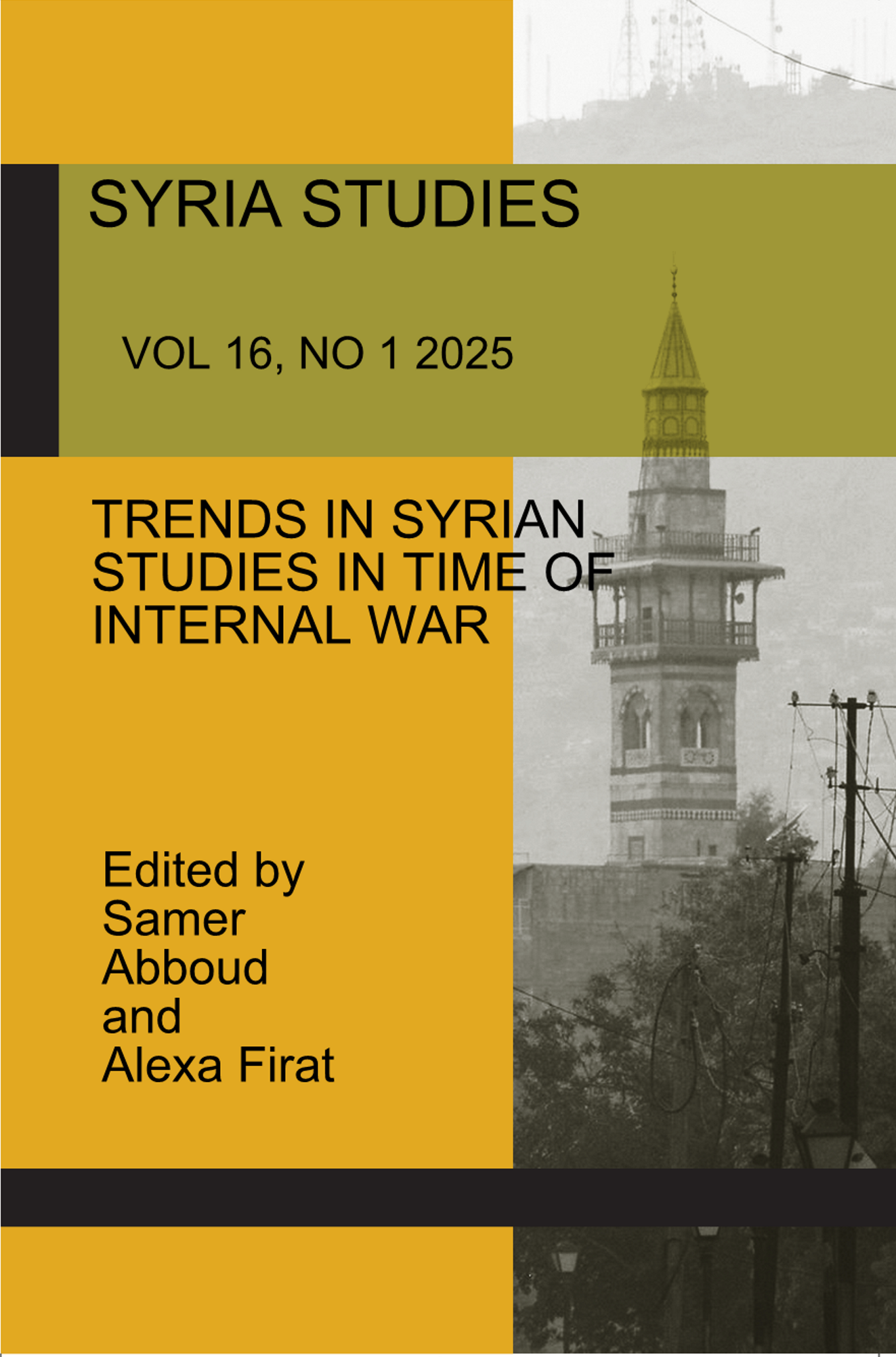How the Syrian conflict shaped mass violence research
Main Article Content
Abstract
The Syrian conflict has reshaped the world in profound ways, influencing geopolitics, security, humanitarian responses, and academic scholarship. The war intensified regional power struggles, strengthened extremist groups, and exposed the limitations of international institutions in crisis resolution. Additionally, the humanitarian crisis fueled global debates on immigration policies, impacting politics beyond the Middle East. Within academia, the conflict has driven significant methodological advancements in conflict studies, particularly in oral history, perpetrator research, and digital research. The unique challenges of studying repression, violence, and displacement in Syria have led to innovations in data collection, ethical considerations, and analytical frameworks. This paper examines how the Syrian war has not only shaped real-world events but also transformed scholarly approaches to studying war and political violence.
Article Details

This work is licensed under a Creative Commons Attribution 4.0 International License.
Authors who publish with this journal agree to the following terms:- Authors retain copyright and grant the journal right of first publication with the work simultaneously licensed under a Creative Commons Attribution License that allows others to share the work with an acknowledgement of the work's authorship and initial publication in this journal.
- Authors are able to enter into separate, additional contractual arrangements for the non-exclusive distribution of the journal's published version of the work (e.g., post it to an institutional repository or publish it in a book), with an acknowledgement of its initial publication in this journal.
- Authors are permitted and encouraged to post their work online (e.g., in institutional repositories or on their website) prior to and during the submission process, as it can lead to productive exchanges, as well as earlier and greater citation of published work (See The Effect of Open Access).
